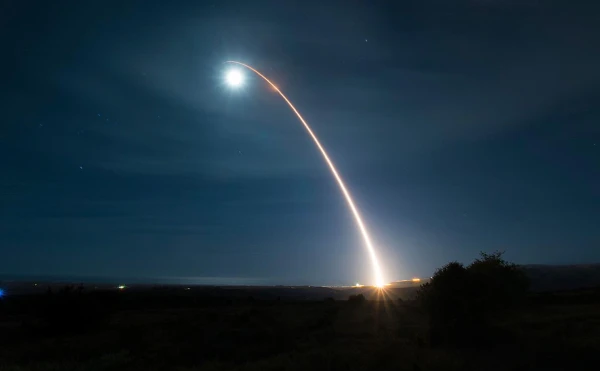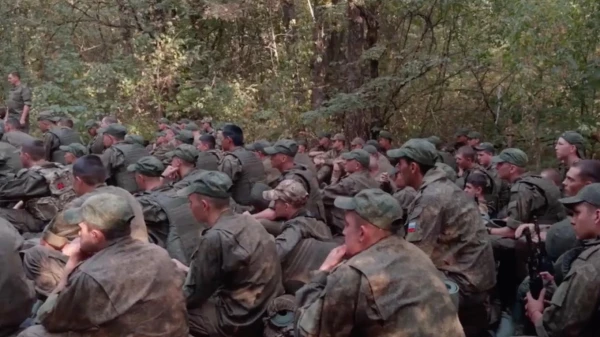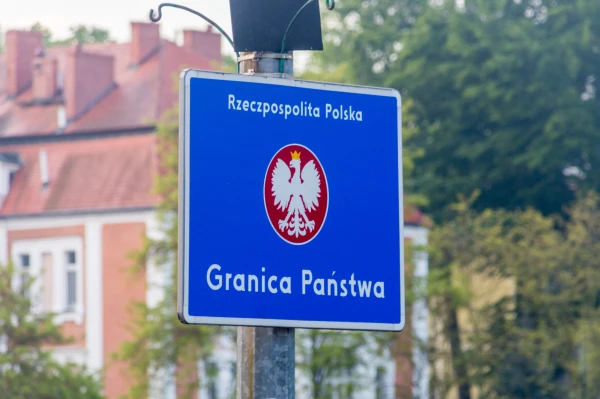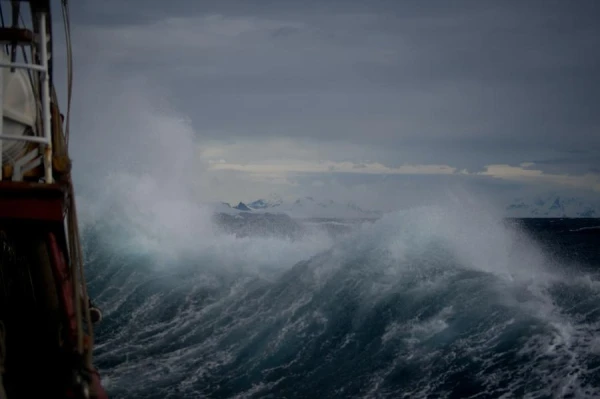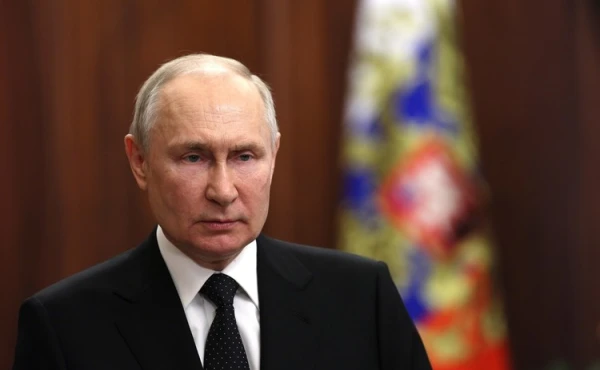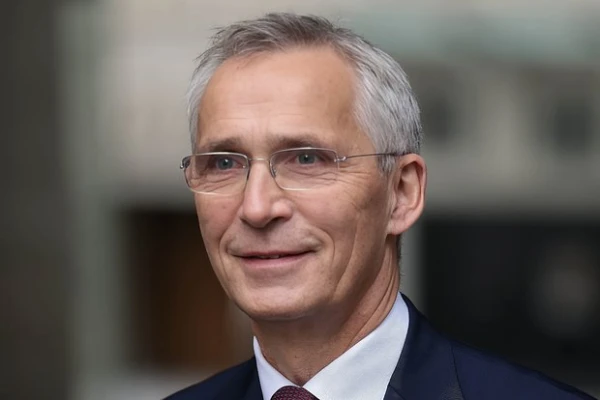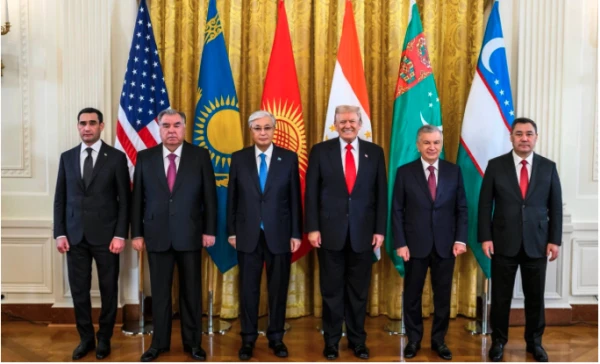
Leaders of five post-Soviet countries - Kazakhstan, Uzbekistan, Tajikistan, Kyrgyzstan, and Turkmenistan - welcomed the signing of commercial agreements between Kazakhstan and the United States amounting to over $17 billion.
U.S. President Donald Trump presented a series of trade, diplomatic agreements, and arrangements in the field of mineral resources with these countries during a summit with the leaders of five Central Asian states in Washington on November 6. Analysts note that the summit involving the leaders of Kazakhstan, Kyrgyzstan, Uzbekistan, Tajikistan, and Turkmenistan is aimed at strengthening Washington's influence in the region, reports Radio Free Europe.
In particular, Astana and Washington announced a new joint partnership for the development of one of the largest untouched tungsten deposits in Kazakhstan.
As part of the agreement, the American company Cove Kaz Capital Group will receive a 70 percent stake in a joint venture with the Kazakh state mining holding. The deal is valued at $1.1 billion.
Among other outcomes of the summit is a yet-to-be-fully-approved deal for the sale of up to 37 Boeing aircraft to the national carriers of Kazakhstan, Tajikistan, and Uzbekistan, as well as an agreement to integrate Starlink services — the satellite internet provider owned by businessman Elon Musk — with the networks of the telecommunications company Veon. The integration is expected to begin with Beeline, the telecommunications operator in Kazakhstan.
Kazakhstan's President Kassym-Jomart Tokayev stated that Astana and Washington signed agreements worth $17 billion in the fields of mineral resources, energy, and transportation. In the field of diplomacy, Kazakhstan expressed its intention to join the so-called Abraham Accords — a U.S. initiative to establish relations between Israel and Arab and Muslim countries. Donald Trump and Kazakhstan's President Kassym-Jomart Tokayev held a phone conversation with Israeli Prime Minister Benjamin Netanyahu regarding this issue. Notably, unlike other countries that joined the accords, Astana has maintained full diplomatic relations with Israel for over 30 years.
U.S. officials stated that the summit involving the presidents of Kazakhstan, Kyrgyzstan, Tajikistan, Turkmenistan, and Uzbekistan is intended to demonstrate the U.S. commitment to more active engagement with the Central Asian region.
"We often spend so much time on crises and problems — they deserve attention — that sometimes we do not pay enough attention to new exciting opportunities," said U.S. Secretary of State Marco Rubio at a working breakfast with the five leaders of Central Asian countries on November 6.
It is noted that the U.S. is particularly interested in cooperation in the field of mineral resource extraction, especially rare earth metals. The U.S. is also interested in extensive deposits of uranium, copper, gold, and other strategically important minerals necessary for global efforts to transition to more environmentally friendly energy sources.
Central Asia seeks to balance its trade ties and security relationships, which are still dominated by China and Russia, through deepening cooperation with the United States, notes "Azattyq Asia."
It is worth recalling that earlier Azerbaijan's President Ilham Aliyev stated that the country's army is actively being brought up to NATO standards.
